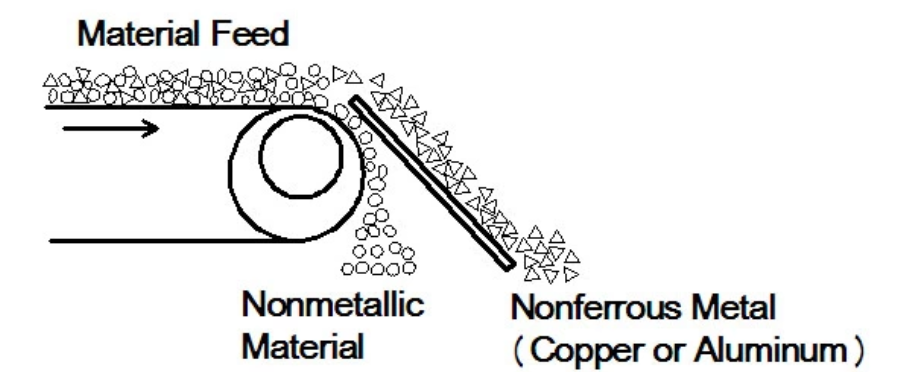In today's digitally driven world, disposing of electronics responsibly is not only an ethical obligation but a crucial aspect of environmental conservation. With rapid advancements in technology, the turnover for electronic devices such as smartphones, laptops, and tablets has increased exponentially. This surge poses substantial challenges for disposal, highlighting the urgency for solutions that merge expertise with sustainability.

Navigating the intricacies of electronic disposal involves understanding a few critical steps. The first and foremost is data protection.
Before you think of disposing of any gadget, a thorough data wipe is essential. Regardless of the device, ensuring that personal data is permanently erased is paramount to safeguarding your privacy. Utilize certified data erasure software to overwrite previous information, making it unrecoverable, thereby safeguarding against data breaches.
After securing your data, the next step involves assessing the potential for reuse. Many electronics, especially those not older than three or four years, have viable lifespans remaining. Certified refurbishing companies can breathe new life into devices, either for resale or charitable donations. By opting for refurbishment, not only do you extend the utility of your devices, but you also contribute to reducing electronic waste significantly.

For devices that have surpassed usability, recycling becomes the most viable option. Electronics are composed of numerous components, including precious metals such as gold and silver, which can be reclaimed and reused. Locate certified electronic recycling programs in your region, which abide by the e-Stewards or R2 standards, ensuring eco-friendly disposal methods. These programs dismantle devices carefully, recycling materials and safely disposing of harmful elements like lead and mercury.
Manufacturers often offer take-back or recycling programs as part of their corporate responsibility initiatives. Participating in these programs can provide reassurance of responsible recycling. Brands such as Apple, Samsung, and HP offer schemes where consumers can return old devices either in exchange for discounts or purely for the sake of responsible disposal. Leveraging such initiatives underscores a commitment to sustainable practices.
how do you dispose of electronics
Additionally, understanding the legal frameworks governing electronic waste is critical. Laws vary significantly across regions, with some nations imposing strict regulations on electronic waste disposal. Complying with these laws is mandatory, and penalties for non-compliance can be severe, both financially and in terms of reputation.
Community involvement is another effective strategy in electronic disposal. Hosting or participating in local e-waste drives can amplify communal efforts in responsible device recycling. These events provide opportunities not just to dispose of electronics safely but also to educate others on the importance of such practices.
Ultimately, responsible electronic disposal is an effort requiring collective expertise and individual accountability. By implementing sustainable disposal practices, you contribute to reducing e-waste, safeguarding the environment, and conserving valuable resources. Staying informed about innovations in recycling technologies and legislative changes can further enhance disposal strategies, aligning personal practices with global efforts toward a greener future.
This approach, rooted in experience and expertise, establishes not only a credible presence but also demonstrates an authoritative and trustworthy stance on the increasingly vital issue of electronic disposal.



